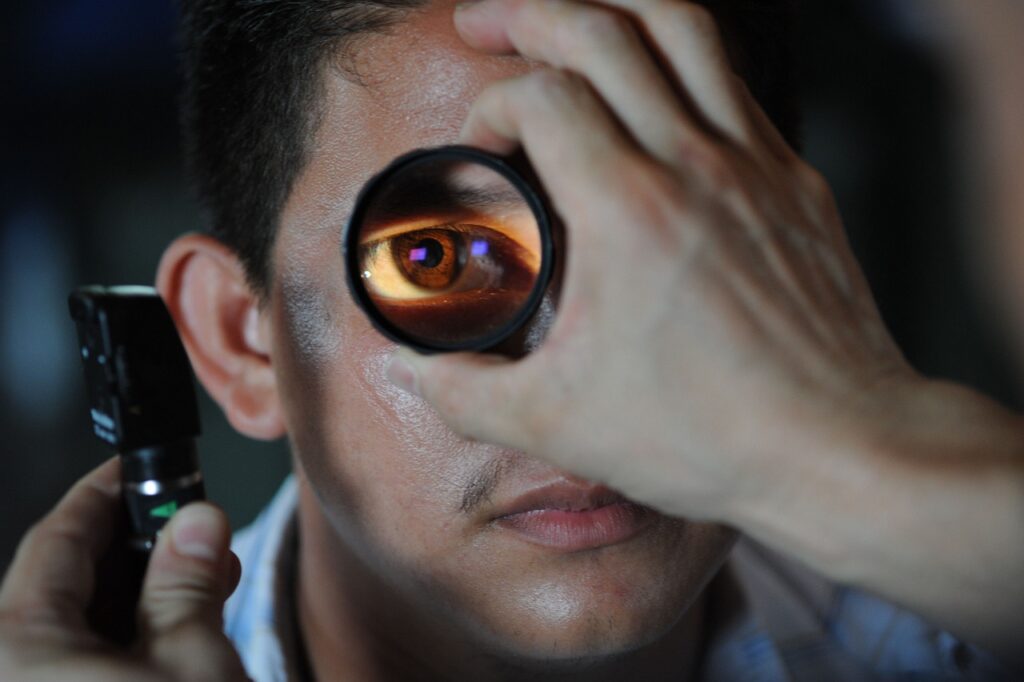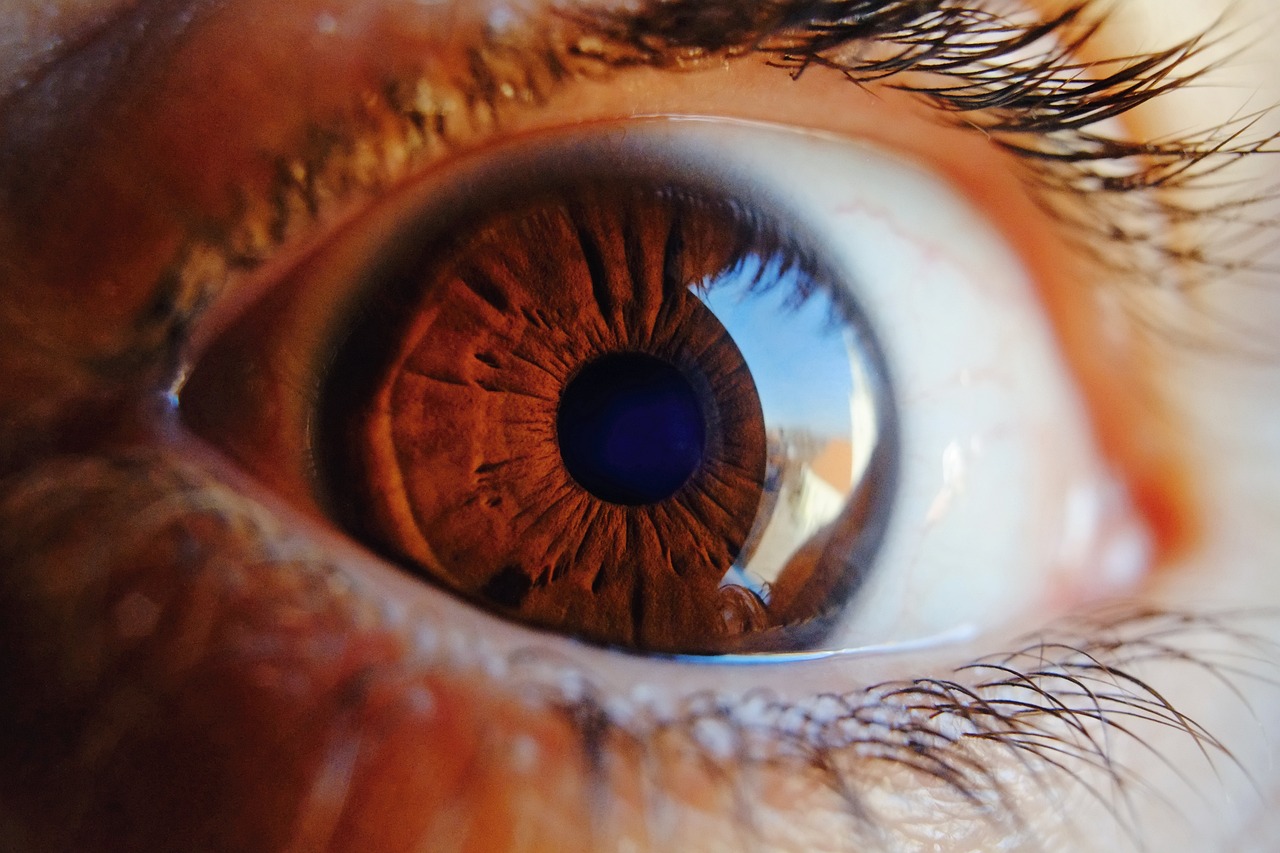Do you ever find yourself constantly worrying about falling victim to conjunctivitis? Well, worry no more! In this blog post, we will unravel the essential tips that every Indian needs to know to protect themselves from this dreaded eye condition. Whether you’re active on social media or simply looking to safeguard your eyes, this article is a must-read for you. So, let’s dive right in and learn how to keep those itchy, red eyes at bay!
What is Conjunctivitis / eye flu.
Conjunctivitis, also known as eye flu, is a viral infection that affects the eye. It is highly contagious and can easily spread from one person to another. The disease occurs when the conjunctiva, the transparent membrane covering the eye, becomes inflamed, resulting in a pinkish appearance.
The causes of Eye Flu are diverse and can be attributed to various factors. According to the CDC, conjunctivitis, commonly known as pink eye, is primarily caused by viruses, bacteria, and allergens. Additionally, other factors such as chemicals, contact lens wear, foreign bodies in the eye, indoor and outdoor air pollution (such as smoke, dust, fumes, or chemical vapors), fungi, ameba, and parasites can also lead to this condition. Determining the exact cause of conjunctivitis can be challenging since some symptoms remain consistent regardless of the underlying cause, as pointed out by the CDC.

The symptoms of Eye Flu, also known as conjunctivitis, may include:
- The white of the eyes turns pink or red.
- Swelling of the conjunctiva.
- Increased tear production.
- Sensation of a foreign object in the eye or an urge to rub the eye.
- Itching, irritation, and/or burning.
- Discharge.
- Crusting of eyelids or lashes, particularly in the morning.
- Uncomfortable contact lenses that do not stay in place on the eye.
How can Eye Flu be treated?
According to medical professionals, the treatment of conjunctivitis involves the use of antibiotic eye drops, eye ointments, topical decongestants, lubricants, and certain oral anti-allergic medications. If one is infected with Eye Flu, it is recommended to wash hands with soap and water in order to minimize the spread of the infection.

Eye flu Dos and Don’ts
Don’ts:
- Avoid crowded spaces: This advice is particularly relevant during times of infectious diseases, such as flu seasons or pandemics. Avoiding crowded spaces can reduce the risk of coming into contact with infected individuals and potentially getting sick.
- Never rub or touch eyes without washing hands: Touching your eyes with unwashed hands can introduce harmful bacteria or viruses directly into your eyes, leading to infections. Washing your hands with soap and water before touching your face can significantly reduce this risk.
- Never share towels or personal items used for facial hygiene: Sharing personal items can spread infections, including eye infections. Avoid sharing towels, eye makeup, or any other facial hygiene items to minimize the risk of transmission.
- Don’t use steroid eye drops for treating the infection: Steroid eye drops should only be used under the guidance of a healthcare professional. Using them to treat an infection without proper medical advice can lead to complications or worsen the condition.
Dos:
- Frequently wash hands: Regularly washing your hands with soap and water for at least 20 seconds is one of the most effective ways to prevent the spread of infections.
- Use sanitizer after touching common areas like taps, flushes, and door handles, etc.: Hand sanitizers with at least 60% alcohol can be used when soap and water are not readily available. They help kill germs on your hands and reduce the risk of infection.
- Use protective eye gear like goggles to prevent touching one’s eyes: In certain situations, especially when around people with respiratory infections, wearing goggles or eye protection can prevent virus-laden droplets from entering your eyes and causing infection.
- Diabetic patients should keep sugar levels under control: Well-controlled blood sugar levels are essential for managing diabetes and preventing complications that can affect various parts of the body, including the eyes.
- Maintain good personal hygiene: Practicing good personal hygiene, such as regular bathing, wearing clean clothes, and keeping hair and nails clean, helps prevent the spread of infections and promotes overall health.



